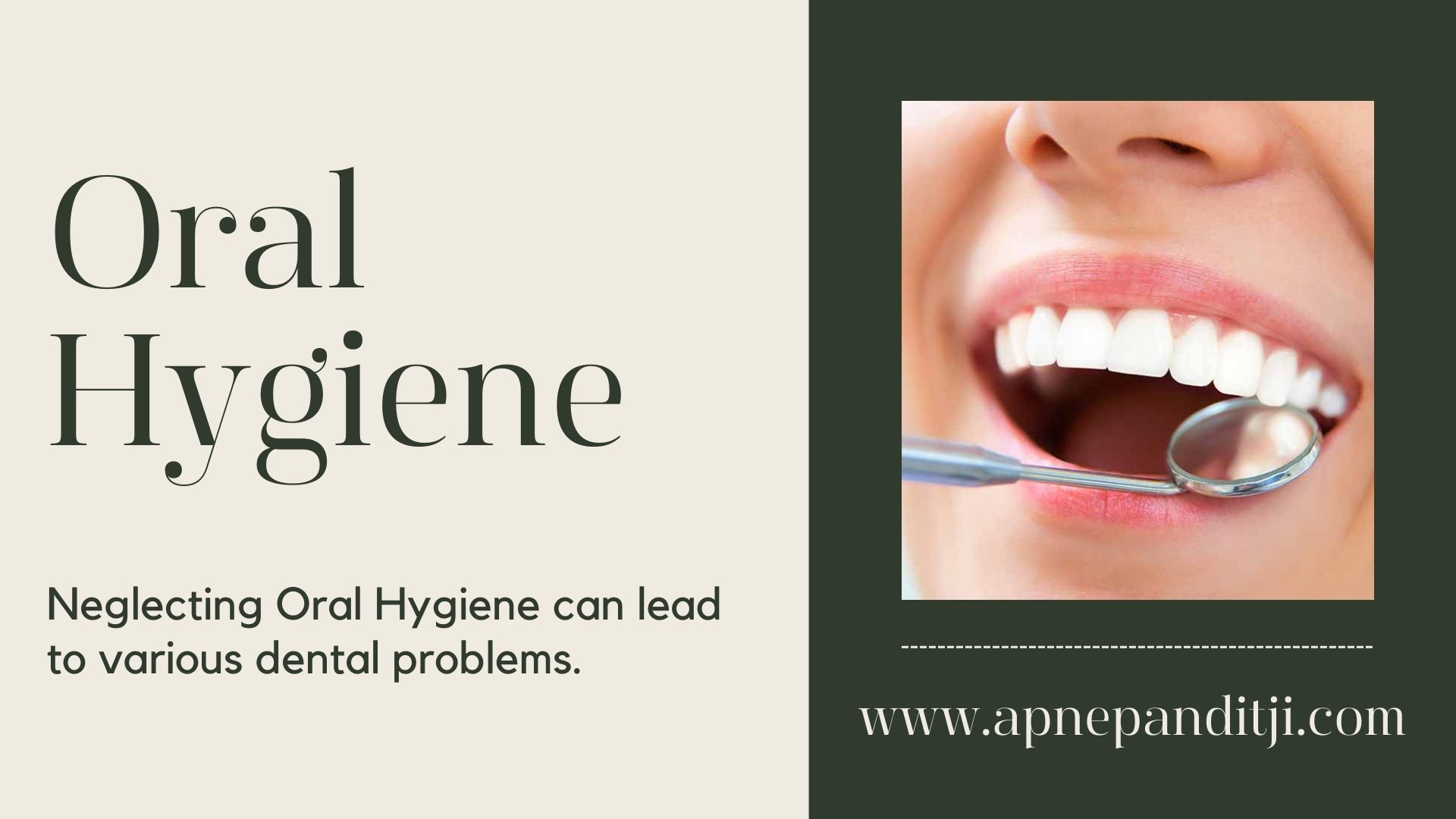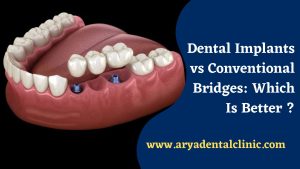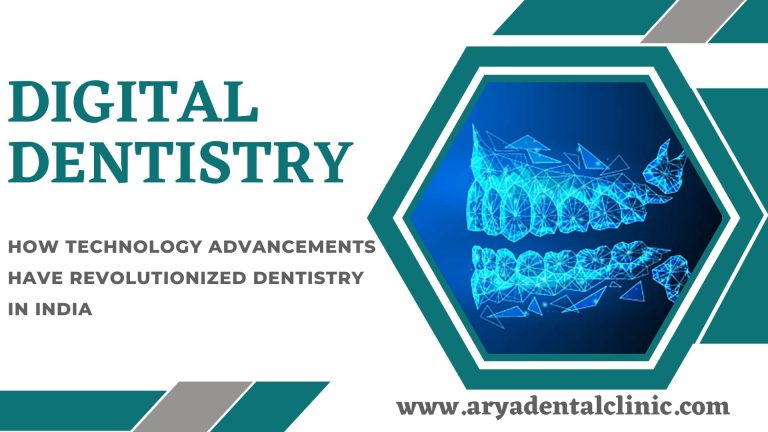Maintaining good oral health is essential for overall wellbeing. Neglecting oral hygiene can lead to various dental problems, which can range from minor to severe. However, most dental problems are preventable with proper oral hygiene practices and regular dental checkups. In this blog post, we will discuss common dental problems and how to prevent them.
Cavities
Cavities, also known as tooth decay, are one of the most common dental problems. They occur when plaque, a sticky film of bacteria, builds up on teeth and produces acid that erodes tooth enamel. If left untreated, cavities can lead to tooth sensitivity, pain, and even tooth loss. To prevent cavities, it’s important to practice good oral hygiene, such as brushing twice a day with fluoride toothpaste, flossing daily, and limiting sugary and acidic foods and drinks. Additionally, regular dental checkups can detect cavities early, allowing for prompt treatment and prevention of further damage.
Gum Disease
Gum disease, also known as periodontal disease, is an infection of the gums that can lead to tooth loss and other health problems. It occurs when plaque buildup causes inflammation of the gums, leading to redness, swelling, and bleeding. In its advanced stages, it can damage the bone and tissue that support teeth, leading to tooth loss. To prevent gum disease, it’s important to practice good oral hygiene, such as brushing twice a day, flossing daily, and using an antibacterial mouthwash. Additionally, regular dental checkups can detect gum disease early, allowing for prompt treatment and prevention of further damage.
Tooth Sensitivity
Tooth sensitivity is a common dental problem that causes pain or discomfort when eating or drinking hot, cold, or sweet foods and drinks. It occurs when the tooth’s enamel wears down or the gum line recedes, exposing the tooth’s sensitive inner layers. To prevent tooth sensitivity, it’s important to practice good oral hygiene, such as brushing twice a day with a soft-bristled brush, flossing daily, and using a fluoride toothpaste. Additionally, avoiding acidic and sugary foods and drinks can help prevent enamel erosion.
Bad Breath
Bad breath, also known as halitosis, is a common dental problem that can be embarrassing and socially isolating. It occurs when bacteria in the mouth break down food particles, producing an unpleasant odor. To prevent bad breath, it’s important to practice good oral hygiene, such as brushing twice a day, flossing daily, and using an antibacterial mouthwash. Additionally, drinking plenty of water and avoiding tobacco and alcohol can help prevent bad breath.
Oral Cancer
Oral cancer is a serious dental problem that can be life-threatening if not detected early. It can occur on the lips, tongue, gums, or inside the cheeks and can cause difficulty chewing, swallowing, or speaking. To prevent oral cancer, it’s important to practice good oral hygiene, avoid tobacco and excessive alcohol consumption, and schedule regular dental checkups. Your dentist can perform an oral cancer screening during your checkup and detect any signs of cancer early, allowing for prompt treatment.
In conclusion, maintaining good oral hygiene and scheduling regular dental checkups are essential for preventing common dental problems. By practicing good oral hygiene habits and visiting your dentist regularly, you can enjoy healthy teeth and gums for a lifetime. So, don’t forget to brush, floss, and schedule your next dental checkup today!




